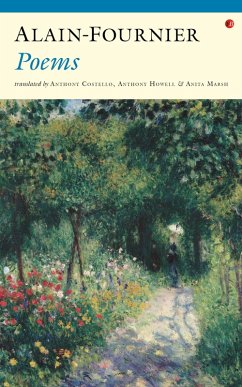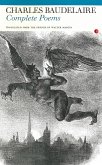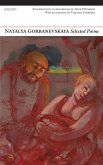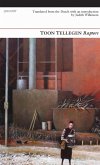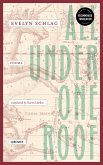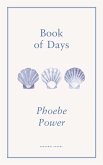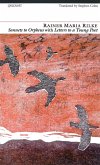Alain-Fournier's poems, while relatively few, are one of the small pearls washed up in the maelstrom of early twentieth-century France. Best known for his novel Le Grand Meaulnes, a posthumous classic, Alain-Fournier was killed in battle in 1914. His poems suspend a pre-war French idyll of warm evenings and rained-on orchards, silk-banded straw hats, lamp-lit farmhouses - and young love reaching out 'in the frightening dark, with timid fingers'. His lines fluoresce with the pain of memories which cannot be re-lived, and they combine elements of Symbolism, Impressionism and Imagism. The sun is an ambivalent force in these poetic narratives, which transform themselves as if they were dreams. The music of Debussy, the writings of Laforgue, and the paintings of Renoir can also be detected under the surface of Alain-Fournier's verse, which is provided here in a comprehensive English translation for the first time.
Dieser Download kann aus rechtlichen Gründen nur mit Rechnungsadresse in A, B, BG, CY, CZ, D, DK, EW, E, FIN, F, GR, H, IRL, I, LT, L, LR, M, NL, PL, P, R, S, SLO, SK ausgeliefert werden.

